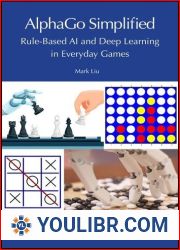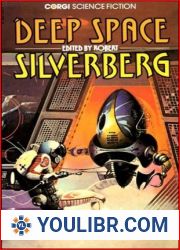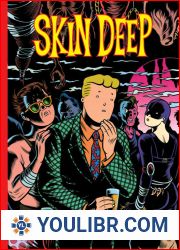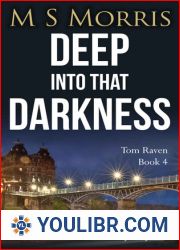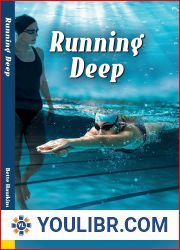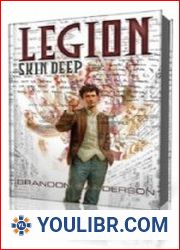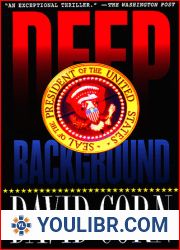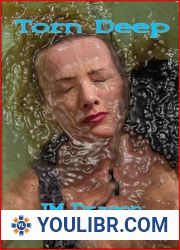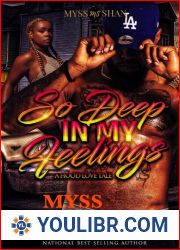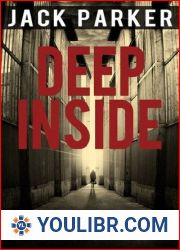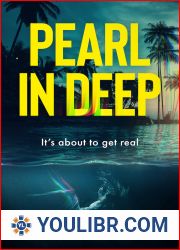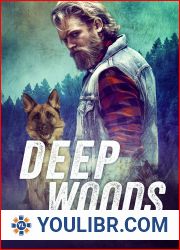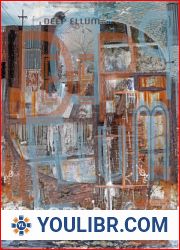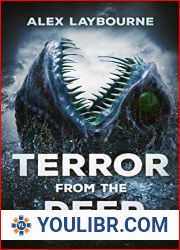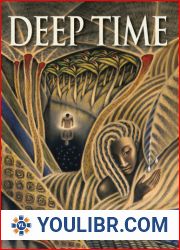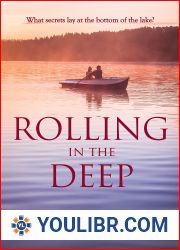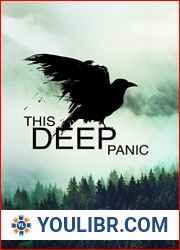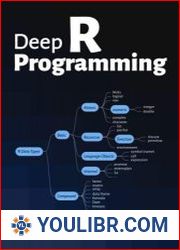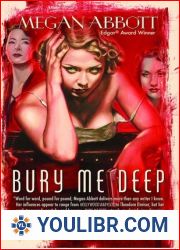
BOOKS - AlphaGo Simplified: Rule-Based AI and Deep Learning

AlphaGo Simplified: Rule-Based AI and Deep Learning
Author: Mark Liu
Format: PDF
File size: PDF 9.1 MB
Language: English
Format: PDF
File size: PDF 9.1 MB
Language: English
What exactly is Machine Learning (ML)? How is it related to Artificial Intelligence (AI)? Why is Deep Learning (DL) so popular these days? This book explains how traditional rule-based AI and ML work and how they can be implemented in everyday games such as Last Coin Standing, Tic Tac Toe, or Connect Four. Game rules in these three games are easy to implement. As a result, readers will learn rule-based AI, Deep Reinforcement Learning, and more importantly, how to combine the two to create powerful game strategies (the whole is indeed greater than the sum of its parts) without getting bogged down in complicated game rules. This book is divided into four parts. Part I provides an introduction to the three games and outlines how to develop strategies using rule-based AI techniques like MiniMax and MCTS. Part II delves into Deep Learning and its application to the three games. Part III explores the fundamentals of reinforcement learning and demonstrates how to enhance game strategies through self-play Deep Reinforcement Learning. Finally, in Part IV, we integrate rule-based AI with deep reinforcement learning to construct AlphaGo (and its successor, AlphaGo Zero) algorithms for the three games. In this section, you'll first install Anaconda on your computer so that you can run Python programs in this book. You'll then set up a virtual environment so you'll have correct versions of various Python libraries for projects in this book. You'll use Jupyter Notebook as your integrated development environment (IDE). This book assumes you have a working knowledge of the Python programming language. Written with clarity from the ground up, this book appeals to both general readers and industry professionals who seek to learn about rule-based AI and Deep Reinforcement Learning, as well as students and educators in Computer Science and programming courses.







